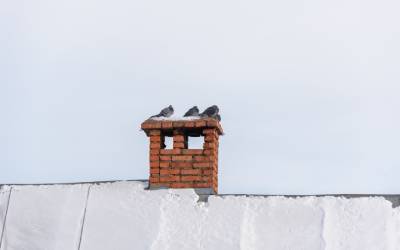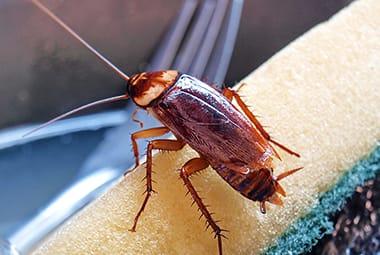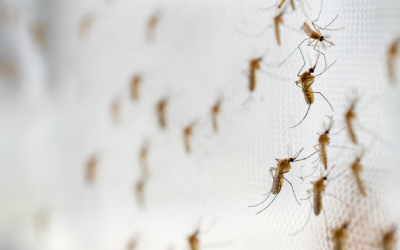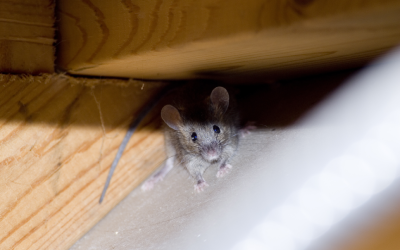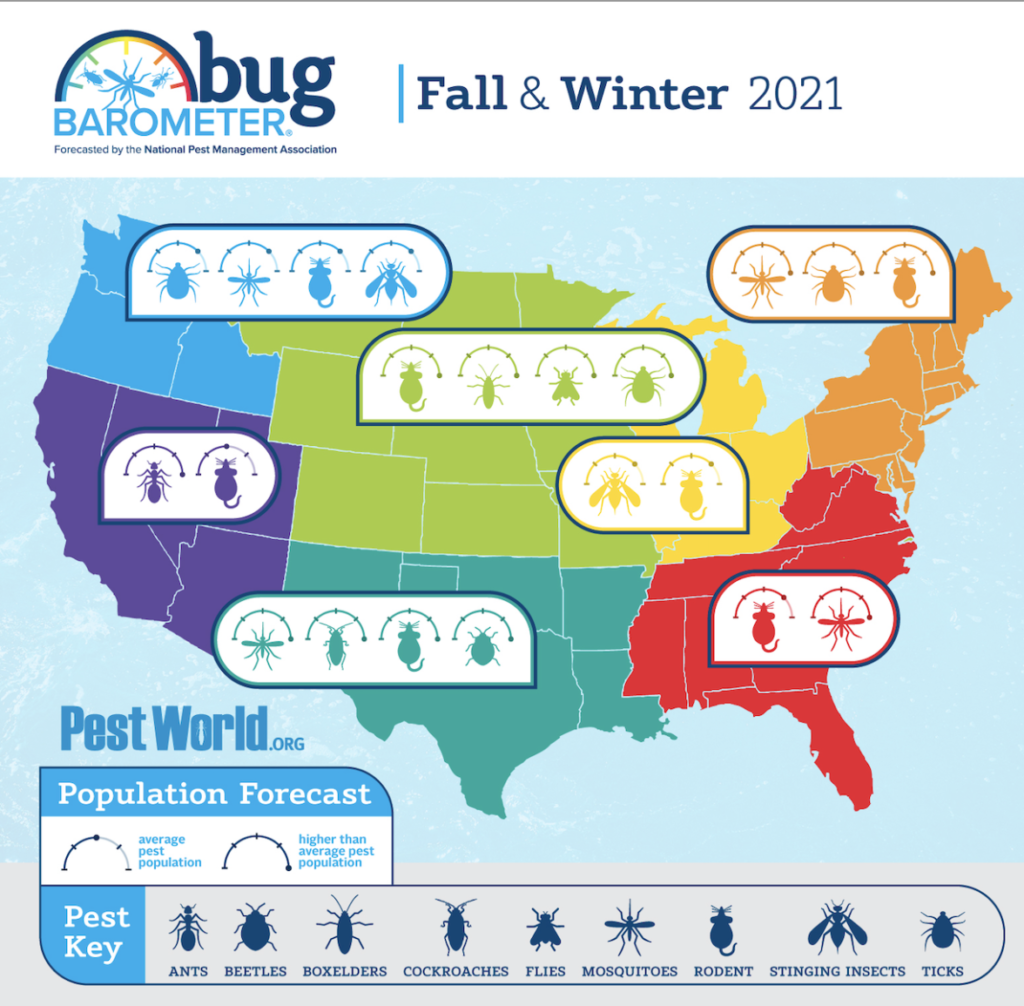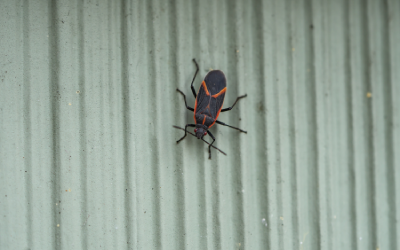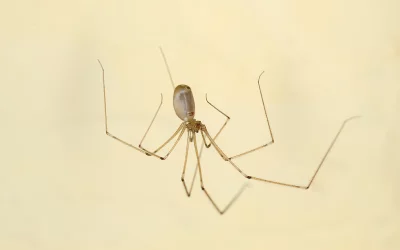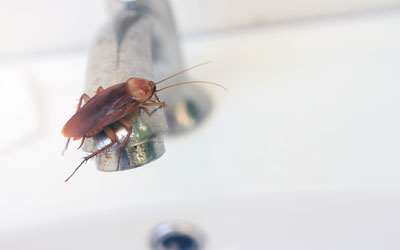Looking at an earwig up close, you would think it would be far more comfortable living in some alien landscape than on your bathroom floor. Its slimy appearance and foreboding pincers give it an extraterrestrial look, but these insects can be found just about anywhere here in Knoxville TN. These are insects that make their home in the soil around your home. However, there are certain conditions that will attract earwigs.
Knowing how to prevent these insects, then, means knowing how to avoid what attracts them in the first place! Keep reading to learn everything you need to know about preventing earwigs from invading your home with the experts at Russell’s Pest Control.
What Makes Your Yard Inviting To Earwigs?
Like most pests, earwigs are always on the hunt for food, water, and accessible shelter. Here’s what may be attracting earwigs to your home:
- Earwigs love moisture. If you have a broken or obstructed gutter, a leaky spigot, or some other condition that is allowing moisture to dampen the soil near your home, you’re likely to invite earwigs in close.
- Earwigs love plants. If you have a garden, flower pots, or some other vegetation near your home, earwigs will take notice.
- Earwigs love decaying wood. If your home is being damaged by water, or you have wood in your yard that is slowly decaying, earwigs will be happy to live on your property.
- Earwigs love to hide beneath items. Lawn clutter, construction materials, tarps, rocks, wood, and other objects that are left in your yard, especially in areas where there is vegetation, will be a magnet for earwigs.
Why Do Earwigs Come Inside?
If you are seeing a few of these bugs inside your Knoxville TN home, you may be wondering what drew them indoors to begin with. There are three circumstances that might compel earwigs to make their way into your home:
- While these are definitely insects that like moisture, they are capable of drowning. During a rainy season or even after just one rainstorm, earwigs may leave the soil around your home and attempt to enter your home to get away from the rising water.
- Being an insect that likes moisture, they can also enter a home when things get too dry outside. After a time of drought and dryness, it is not uncommon for homeowners to find these pests in their basement. But they aren’t usually content to stay in the basement.
- Sometimes they enter a house simply because it’s there. This is why it is important to reduce the factors above to reduce earwigs in your yard. It is also a good idea to have ongoing pest control treatments to make your property less hospitable to bugs.
Need Help Getting Rid of Earwigs?
Sometimes there’s no telling how earwigs got inside your home. And once they’re there, Contact us today for assistance with earwigs and other household invading pests that live in your yard. The team here at Russell’s Pest Control has the answers you need to keep these bugs where they belong. Contact us today to get started!
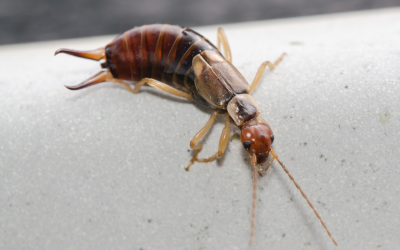
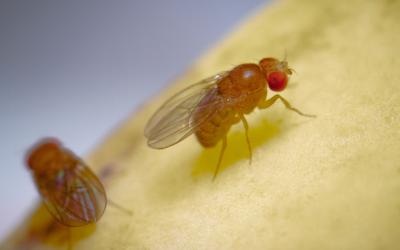
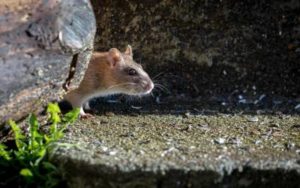 Here in Knoxville TN, we’ve helped clear
Here in Knoxville TN, we’ve helped clear 